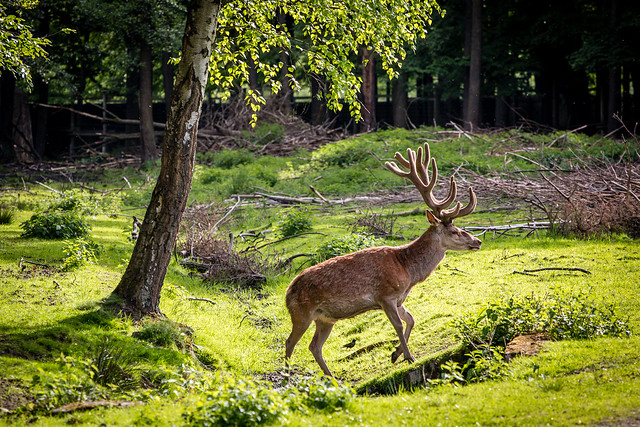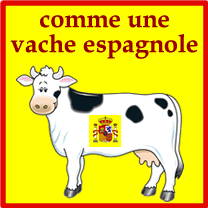The other day a friend claimed that Jamaican Patois (Jimiekn / Patwah), an English-based creole spoken in Jamaica, ‘has no grammar’.
I understand why they think this, but it’s not true. Every language has grammar, in the sense of a set of patterns and conventions for how sounds go together to form words (morphology), and how words go together to form sentences (syntax). There are also conventions for how the sounds are pronounced (phonology) how they’re represented in writing (orthography).
In some languages words may change to indicate their function in a sentence and their relationship to other words. Verbs may conjugate to show such things as person and tense. Nouns and other words may change to indicate things like gender (masculine, feminine, etc), number (singular, plural, etc), and case (nominative, accusative, dative, etc).
In other languages, such as Chinese, words do not change, but you use grammatical particles to indicate things like when something is happening, whether it is still happening, and so on. You just have to put the words in the right order and choose the right particles. You don’t have to worry about verb endings and other ways words can change.
If you think of grammar as things like verb endings, noun declensions and such like, then you could say that isolating languages like Chinese and Thai have less grammar than European languages.
In the same way, you could say that Jamaican has less grammar than English, or that Jamaican just works in a different way to English. It is not broken or poor English, and has its own structure and rules.
Here are some examples of how Jamaican and English differ:
- Mi run = I run (habitually); I ran
- Mi a run / Mi de run = I am running
- A run mi did a run = I was running
- Mi did run = I have run; I had run
- Mi a go run = I am going to run; I will run
Source: https://en.wikipedia.org/wiki/Jamaican_Patois
You can hear a bit more Jamaican here:






